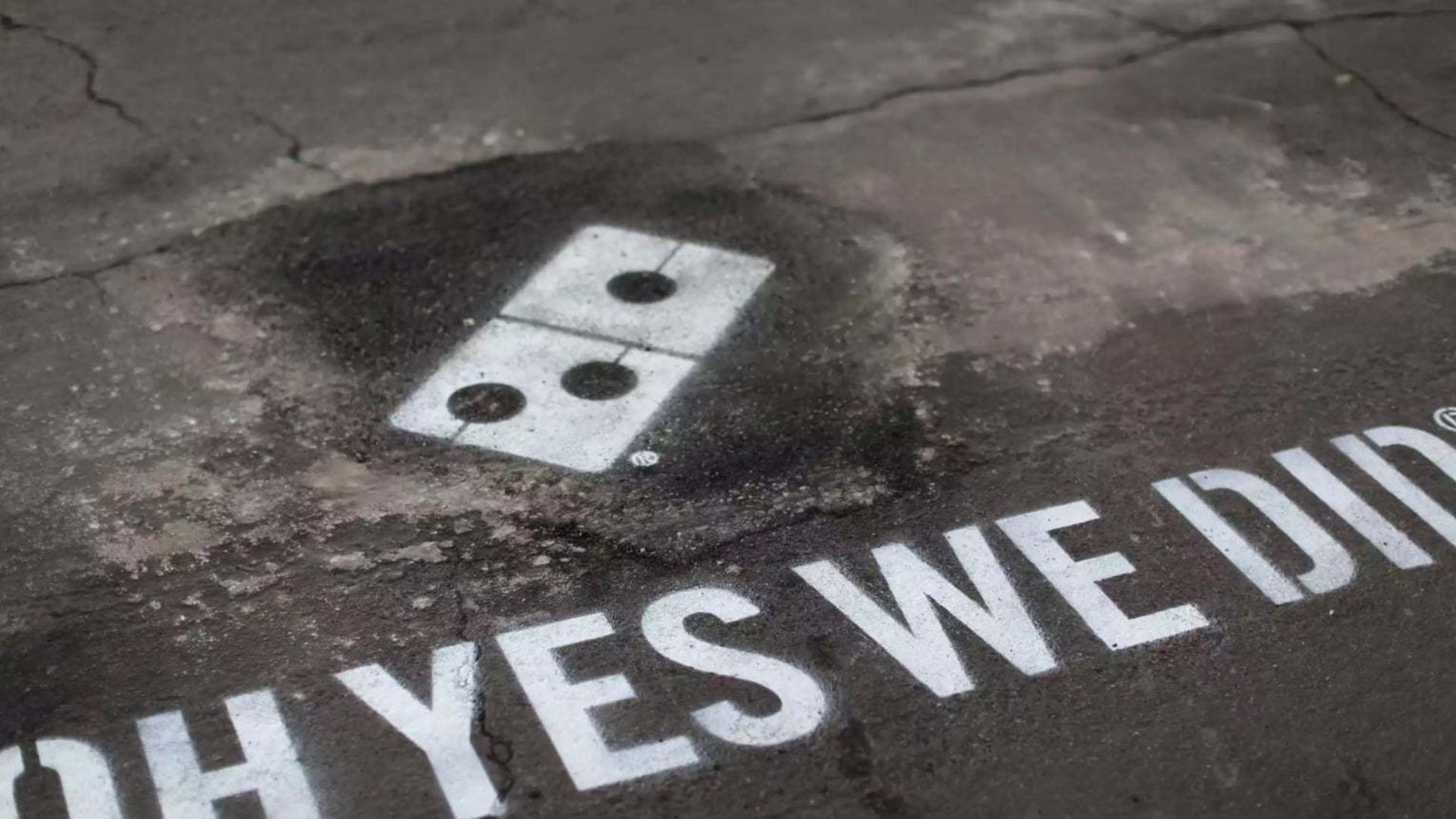In the heart of Murano, Venice, a place world-famous for its glassmaking heritage, a new kind of revolution is taking place. Rehub, co-founded by Matteo Silverio and Marta Donà in 2022, is at the forefront of this transformation, tackling a significant yet often overlooked issue: non-recyclable glass waste. With an eye on sustainability, design, and technology, Rehub is not just a startup; it’s a pillar of hope for our planet.
This article dives deep into how Rehub is changing the game by turning a problem into an opportunity. We’ll explore their mission, the groundbreaking technology they’re developing, their impact on the environment and economy, and their vision for a zero-waste future. Buckle up; this is a journey of innovation, sustainability, and design like you’ve never seen before.
Mission and Innovation
At the core of Rehub’s mission is a daring and innovative approach to what many see as an insurmountable problem. Every year, Murano generates around 1,000 tons of non-recyclable glass waste, a figure that mirrors a larger, global crisis. Europe alone produces a staggering 8 million tonnes of such waste annually. But where others see waste, Rehub sees potential.
By combining traditional glassmaking techniques with cutting-edge technology, Rehub has developed a process that converts glass waste into a versatile paste. This paste, which can be molded by hand, 3D printed, or injection-molded at room temperature, not only saves energy but also opens the door to a myriad of design possibilities. Imagine fashion accessories, furniture, and decorative items all crafted from what was once considered waste.
Technologies and Impact
Rehub’s cold process is a game-changer. It significantly conserves energy and sets the stage for a wide array of design objects that were previously unimaginable. This innovation not only aims to reduce the environmental footprint of glass production but also serves as a catalyst for a shift towards more sustainable manufacturing practices across various industries.
What’s more, Rehub is focused on the economic aspect of sustainability. They’re on a mission to help businesses transform their waste management expenses into new streams of revenue. This approach not only has the potential to lessen the environmental impact of these industries but also assists them in complying with strict regulations and in achieving green certification.
Collaborations and Future Goals
Rehub’s collaboration with local Murano glass factories is already showcasing the potential of their technology. By converting glass waste into new, beautiful objects, they’re making strides in local sustainability efforts. However, their vision doesn’t stop there. With plans to develop more efficient machinery and expand their reach, Rehub is dedicated to driving the ecological transition of industries towards practices that are both sustainable and economically viable.
The Vision
Rehub’s vision extends beyond the immediate technological innovations. It’s about fostering a zero-waste society, where the principles of the circular economy are not just theoretical ideals but are embedded in practical realities. By bridging the gap between tradition and innovation, Rehub aspires to inspire young entrepreneurs and make a positive impact on the planet that will resonate with future generations.
From Shards to Solutions
Rehub’s journey from tackling a local issue in Murano to taking on a significant environmental challenge at a European level is nothing short of inspiring. They are not just innovating in the world of glass recycling; they are setting new benchmarks for sustainable practices across all industries. As they continue to refine their technology, the potential for a global impact is immense, offering a pathway to a cleaner, more sustainable future.





